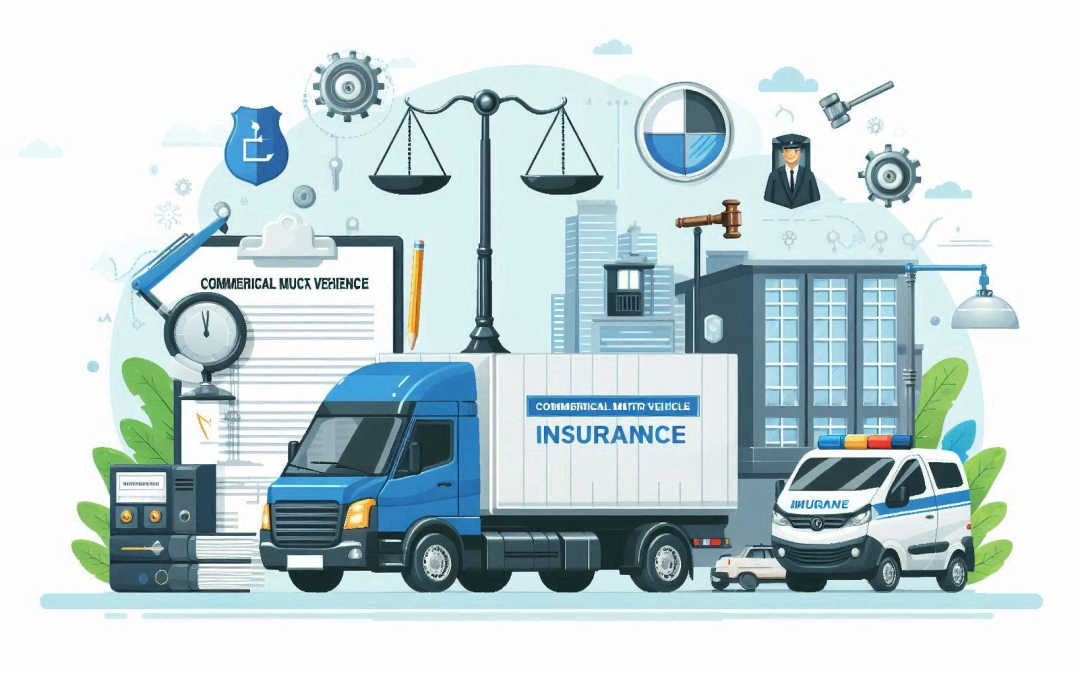Whether you run a trade business, manage a fleet, or operate with just one work ute, having the right commercial motor Vehicle insurance is essential—not just for compliance, but for financial protection when the unexpected happens.
It’s especially critical to understand the different types of vehicle insurance available. In the event your vehicle is written off due to an accident or theft, the type of policy you’ve chosen can make a difference of thousands of dollars in your pocket.
Let’s walk through the key types of insurance policies and what they mean for your business:
1. New Replacement Vehicle;
2. Agreed Value; and
3. Market Value.
1. New Replacement Vehicle
Usually limited to vehicles from new to 2 or 3 years old (depending on the policy) this type of policy will, in the event of a write off, provide a brand new car of the same make and model (or similar if the model has changed) including any optional extras that were listed on the original insurance cover.
2. Agreed Value
As the name suggests, this type of policy will, in the event of a write off, pay out a pre-agreed sum (that is agreed between you and the insurer). Although you will not receive the funds to purchase a new replacement vehicle, you will at least have certainty as to what you will receive.
3. Market Value
Often the lowest-cost, comprehensive cover. In this case, the insurance company will pay out an amount that their research indicates is the market value of the vehicle. Note, however, that it is the insurance company that decides what the market value is, not you.
The Finance Trap: Depreciation vs. Payout
For many businesses, commercial vehicles are financed through loans or leases. Here’s where things can get tricky: vehicle finance doesn’t depreciate at the same rate as the car’s market value.
In the first few years of the Commercial vehicle loan, your finance balance may still be high, but the market value of the vehicle may have dropped significantly. If your car is written off and you’re insured under a market value policy, the payout may not cover the remaining finance balance.
This is known as the “gap”, and it’s a common trap for business owners.
Covering the Gap
To protect yourself, there are two main solutions:
1. Policy Add-Ons or Extended Payouts
Some commercial motor vehicle (CMV) insurance policies will offer an additional payout of up to 110% of market value if the vehicle is financed and the loan is properly noted in the policy. This helps reduce or eliminate the shortfall.
2. GAP Insurance
This is a standalone product (usually purchased at the time you finance the vehicle) that covers the difference between the insurance payout and the remaining loan balance. It’s a one-off premium that can save you thousands if disaster strikes early in your loan term.
Know Your Rights & Avoid Pressure Sales
Insurance can be complex, but you should never feel pressured into buying a policy you don’t understand or don’t want. If a salesperson pushes too hard, remember:
You always have the choice to accept or insure against a risk.
Most policies come with a cooling-off period—so if you change your mind, you can cancel and get a refund.
Final Thoughts
Choosing the right commercial motor insurance isn’t just about ticking a box for compliance—it’s about protecting your business, your cash flow, and your peace of mind.
By understanding the differences between New Replacement, Agreed Value, and Market Value policies—and how each impacts your finance arrangements—you’re in a much stronger position to make a smart, informed choice.
Take the time to review your current coverage, especially if your vehicle is financed or recently upgraded. A few minutes today can save you thousands in a crisis tomorrow.

